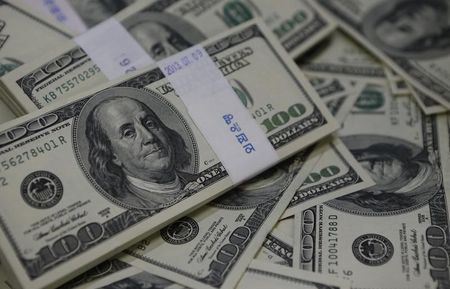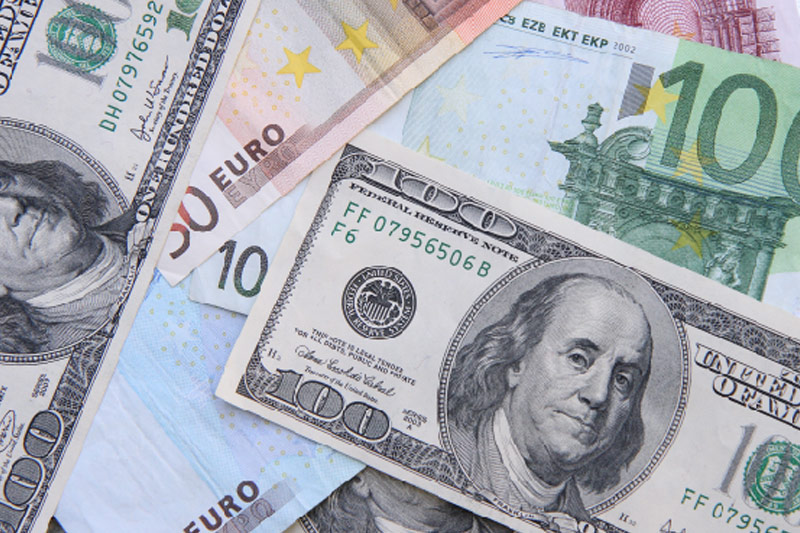By Ian Chua and Shinichi Saoshiro
SYDNEY/TOKYO, June 20 (Reuters) - The dollar remained under pressure on Friday but managed to win back some lost territory after upbeat U.S. data helped temper the fallout from the Federal Reserve's surprisingly dovish policy outlook.
Data offering more evidence the U.S. economy was recovering from a disastrous first quarter helped lift the dollar index to 80.256 from a one-month trough of 80.147. Still, it was down 0.25 percent on the week, its biggest decline in two months.
Investors had sold the greenback after the Fed on Wednesday sounded comfortable about the outlook for inflation despite recent signs of a pick-up in price pressure.
That dashed some expectations the Fed might have to start lifting interest rates earlier than expected and initially helped push U.S. Treasury yields down.
But data on Thursday showed new claims for jobless benefits fell last week and factory activity in the mid-Atlantic region accelerated in June, prompting Treasury yields to reverse higher.
"The rates market appeared to have second thoughts about Wednesday's post-FOMC reaction, with yields reversing some of their decline and helping the USD stabilise as well," analysts at BNP Paribas wrote in a note to clients.
"We think the bias remains to the upside for U.S. yields from current levels, with the passage of time likely to force greater pricing of rate hike risk absent renewed deterioration in the data."
The euro was up 0.1 percent at $1.3619 after reaching a two-week high of $1.3644 on Thursday in the wake of the Fed's policy outlook.
The Fed's dovish outlook has helped neutralise the impact from a variety of easing measures introduced by the European Central Bank two weeks ago, which momentarily took the single currency to a four-month low of $1.3503.
The euro was on track to gain 0.6 percent against the dollar this week.
"The euro looks well supported. The ECB may have eased but that does not change the fact that the euro zone enjoys a current and trade surplus, which supports the euro. The rest depends on how economic data and U.S. developments pan out," said Sho Aoyama, senior market analyst at Mizuho Securities in Tokyo.
The dollar slipped 0.1 percent to 101.83 yen, drawing mild support from a bounce in Tokyo shares, although it stayed above Thursday's low of 101.74.
The greenback was set to lose about 0.2 percent on the week against the Japanese currency.
Sterling hovered within striking distance of a 5-1/2-year high of $1.7064 hit overnight thanks in part to local data that showed factory orders grew at their fastest pace in six months in June.
The robust report highlighted the risk that the Bank of England could raise interest rates well before the Fed.

The New Zealand dollar, another unit that has rallied extensively thanks to a central bank with a hawkish bias, remained stuck near 87 cents after retreating from a six-week high of $0.8736. The kiwi has gained 0.4 percent versus the dollar this week.
The Australian dollar dipped back to 94 U.S. cents.
(Editing by Shri Navaratnam and Jacqueline Wong)
